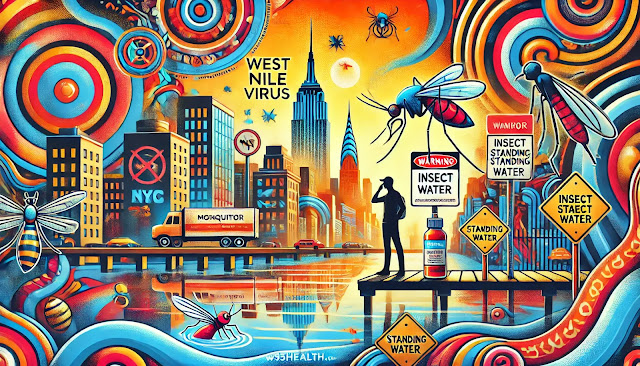Breakthrough in Malaria Prevention: Ivory Coast Launches New Vaccine for Children
In a significant step forward in the global fight against malaria, Ivory Coast has launched the world’s second malaria vaccine for children. This initiative, which began on July 15, 2024, aims to vaccinate 250,000 children aged between 0 and 23 months, using the R21 vaccine developed by the University of Oxford and the Serum Institute of India.
The R21 Vaccine: A New Hope
The R21 vaccine is the second malaria vaccine to receive approval from the World Health Organization (WHO). This vaccine follows the RTS,S vaccine developed by GlaxoSmithKline, which has been in use since 2021 in countries like Ghana, Kenya, and Malawi. The R21 vaccine has shown promising results, preventing around 75% of symptomatic malaria cases in young children during its first year of administration.
Addressing Malaria’s Devastating Impact
Malaria remains one of the deadliest diseases in Africa, particularly affecting children under five. It accounts for nearly half a million deaths annually in this age group. The introduction of the R21 vaccine in Ivory Coast is a pivotal moment, providing an additional tool to combat this devastating disease. The vaccine works in conjunction with other preventive measures, such as bed nets and insecticides, to reduce the incidence and severity of malaria.
Global and Local Efforts
The rollout of the R21 vaccine in Ivory Coast is part of a broader effort to distribute 18 million doses of malaria vaccines across 12 African countries by 2025. This initiative is supported by global health organizations including WHO, Gavi, the Vaccine Alliance, and UNICEF. These organizations aim to prioritize vaccine distribution in regions with the highest need and risk of malaria.
Challenges and Future Prospects
Despite the optimism surrounding the new vaccine, challenges remain. The supply of vaccines is expected to fall short of the high demand for several years. Efforts are underway to scale up production, with the Serum Institute of India committed to manufacturing up to 100 million doses annually. Additionally, researchers are exploring new technologies and strategies, such as monoclonal antibodies and mRNA vaccines, to enhance malaria prevention efforts in the future.
The introduction of the R21 malaria vaccine in Ivory Coast marks a crucial milestone in the battle against malaria. While challenges persist, the collaborative efforts of global health organizations and the commitment to innovation offer hope for significantly reducing malaria-related deaths and ultimately moving towards eradication.








